About Department
The
Department of Clinical Microbiology focuses on education and research related
to host-microbe interactions, the pathogenic characteristics of microbes, and
the mechanisms of the immune system.
The
course aims to deliver in-depth theoretical knowledge on the spread of
microorganisms, disease causation, and the diagnosis and treatment of
significant public health pathogens. It also equips students with all the
essential skills needed for professional practice. The curriculum is crafted to
offer thorough training and a strong foundation for a successful career.
It includes advanced
practical training in this diverse field, aimed at developing expertise in
laboratory diagnosis of human diseases caused by bacteria, viruses, fungi, and
parasites. The training also covers antimicrobial susceptibility testing,
infection control, public health, and aspects of laboratory quality, safety,
management, and regulation.
Academic
Programs:-
·
BSc Medical Laboratory
Technology (BSc MLT) with a focus on microbiology
·
MSc Medical Laboratory
Technology (MSc MLT) with a specialization in microbiology
Research
Focus:
·
Microbial diversity and
characterization
·
Applied microbiology in
medicine, agriculture, and industry
·
Microbial genetics and molecular
biology
·
Infection control and public
health
Facilities:
·
State-of-the-art
microbiology laboratory with advanced equipment and instruments
·
Research laboratory for
project work and innovation
Faculty:
·
Experienced and qualified
faculty members with expertise in Microbiology
·
Guest lectures and workshops by industry
experts and researchers
Career
Opportunities:
·
Clinical microbiology and
laboratory medicine
·
Research and development in Biotechnology
and Pharmaceutical industries
·
Public health and infection control
·
Quality control and quality assurance in
industries
Department
Goals:
·
To provide students with a
comprehensive understanding of Microbiology and its applications
·
To develop skilled professionals for careers
in microbiology and related fields
·
To promote research and
innovation in microbiology and its applications
· To foster collaboration and networking with industry and research institutions.
VISION
To produce
graduates with precise knowledge in the field, research fields, and a
commitment to outreach and providing compassionate services to mankind and
beyond by offering cutting edge education, innovative research, and skill in
diagnostic microbiology. Empowering future generations to
combat infectious diseases and improve global health through excellence in
microbiology education, research, and innovation."
MISSION
To improve intellectual growth and enrich lives by teaching and training competent laboratory personnel to conduct imaginative, creative, and inventive research and to deliver trustworthy diagnostic services in the field of medical microbiology in conjunction with health science disciplines.
- Providing world-class education and training in microbiology, emphasizing hands-on experience and critical thinking.
- Conducting cutting-edge research in microbiology, focusing on infectious diseases, antimicrobial resistance, and vaccine development.
- Fostering collaboration and partnership
with healthcare industries, research institutions, and community organizations.
- Developing innovative solutions and
technologies to address global health challenges.
- Nurturing a culture of excellence, integrity, and social responsibility.
- Empowering students, faculty, and staff to achieve their full potential and make a positive impact on society.
LEARNING OUTCOMES
1)
KNOWLEDGE
- Understand the science behind
laboratory testing
- Know how to choose the right
tests and interpret results
- Understand how microbiology
relates to epidemiology and immunology
- Recognize the importance of
epidemiological surveys and the immune system
- Comprehend the connections between drug resistance, microbiology, and disease.
2)
TECHNICAL
SKILLS
-
Be proficient in all types of clinical laboratory tests
-
Understand the entire testing process, from start to finish
-
Identify and fix problems in the testing process
-
Help develop and evaluate new testing algorithms and systems
- Stay current with the latest diagnostic technologies and advancements.
3)
COMMUNICATION
-
Communicate complex information in a clear and simple way
-
Write and speak effectively for different audiences
-
Find and interpret scientific research to inform decisions
-
Use scientific knowledge to improve patient care and healthcare practices.
4)
CLINICAL
STUDIES
- Understand the rules and
guidelines for conducting clinical research
- Design, carry out, and share
studies in a scientifically sound and ethical way
- Contribute to the advancement
of healthcare through rigorous research and reporting.
5) MANAGEMENT AND ADMINISTRATION
-
Ensure a safe working environment and
compliance with legal regulations in clinical laboratory science by
implementing safety protocols and adhering to legal requirements.
-
Optimize
laboratory productivity and efficiency by applying administrative and supervisory
principles and practices.
Additionally, contribute to interdisciplinary
healthcare teams and quality assurance and improvement initiatives to deliver
high-quality patient care and services to the community."
Know More About College of Allied Health Sciences
For more information or to get in touch with us, click below
Contact us© 2024 Aster MIMS Academy. All Rights Reserved
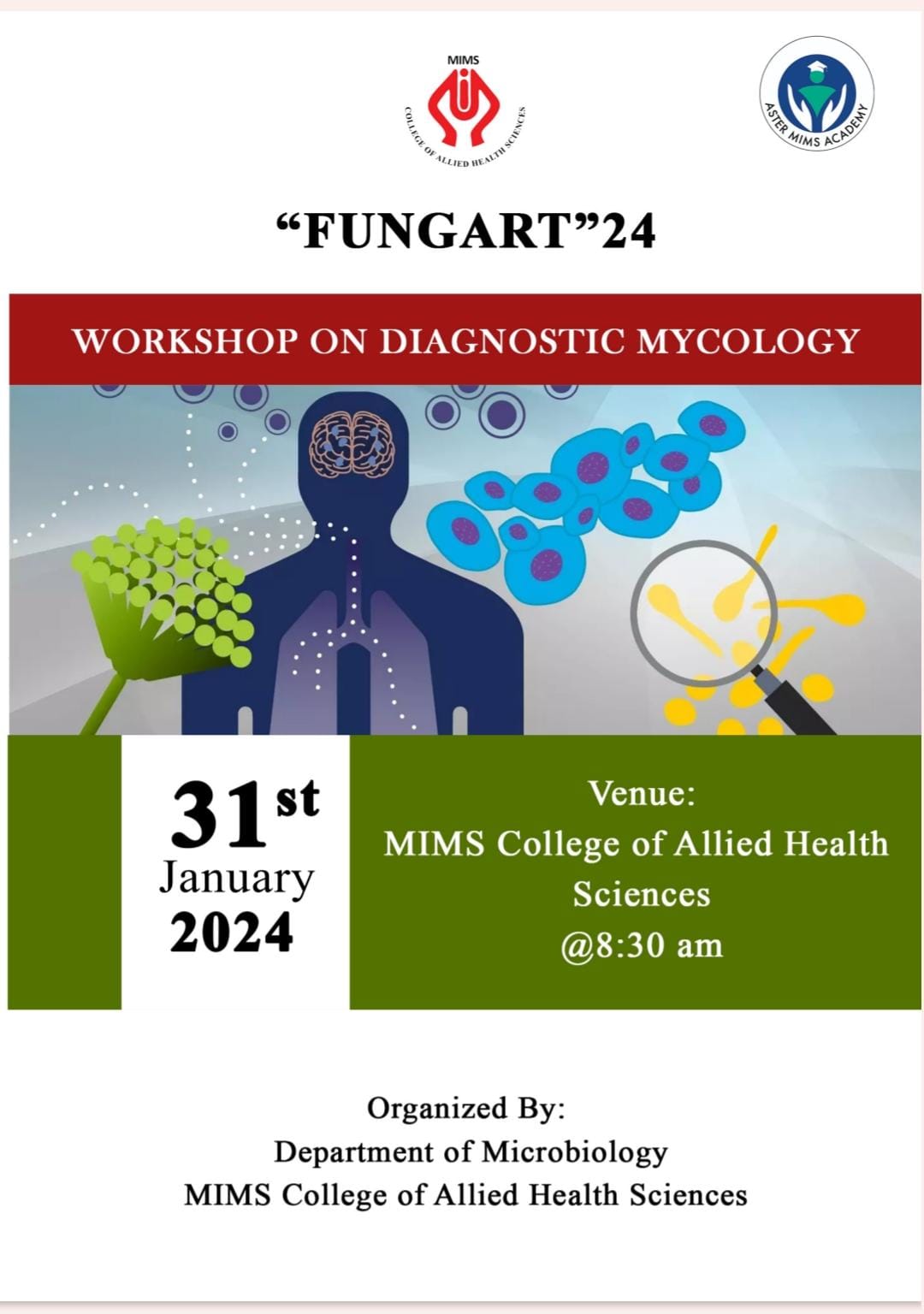
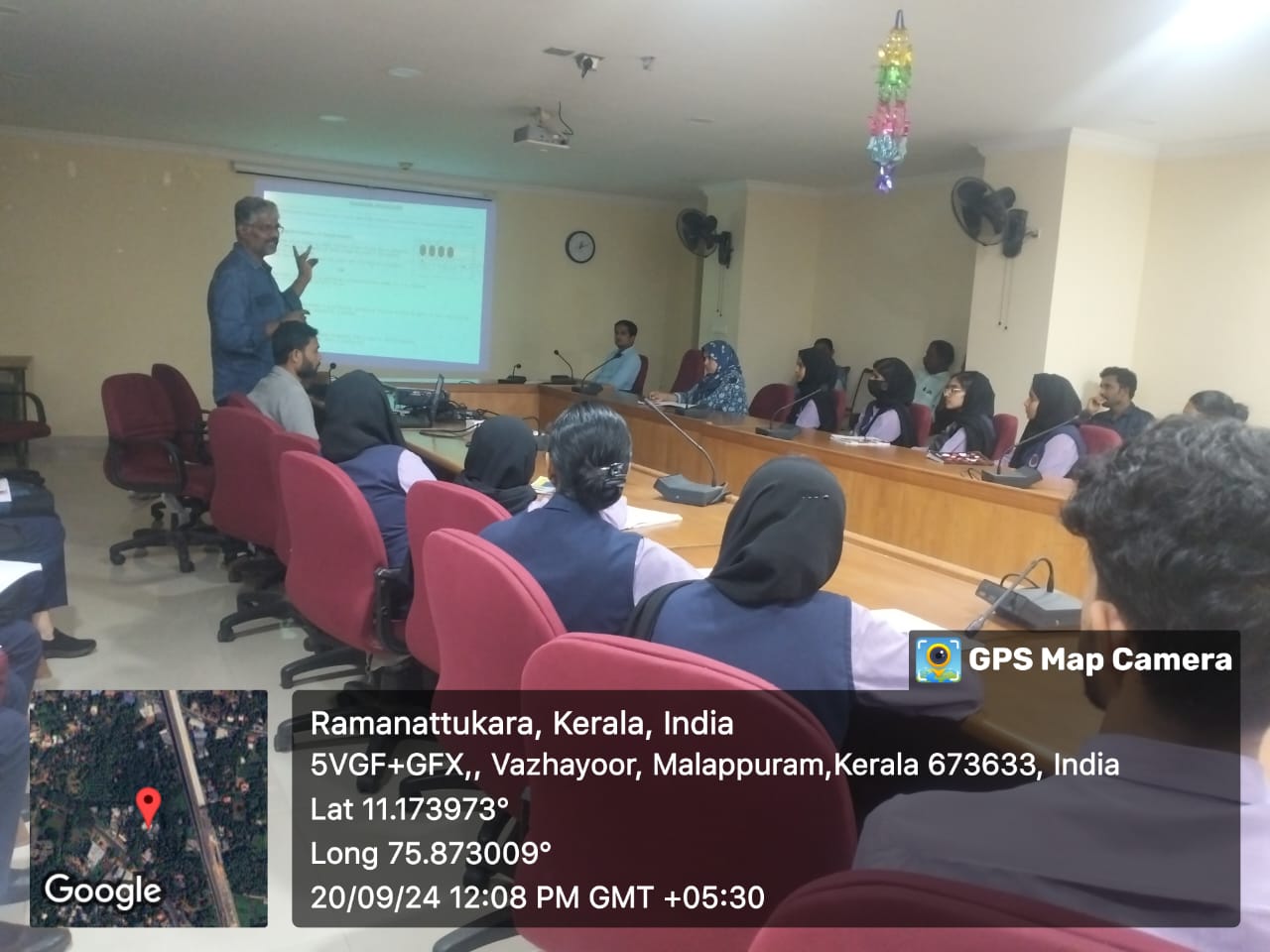
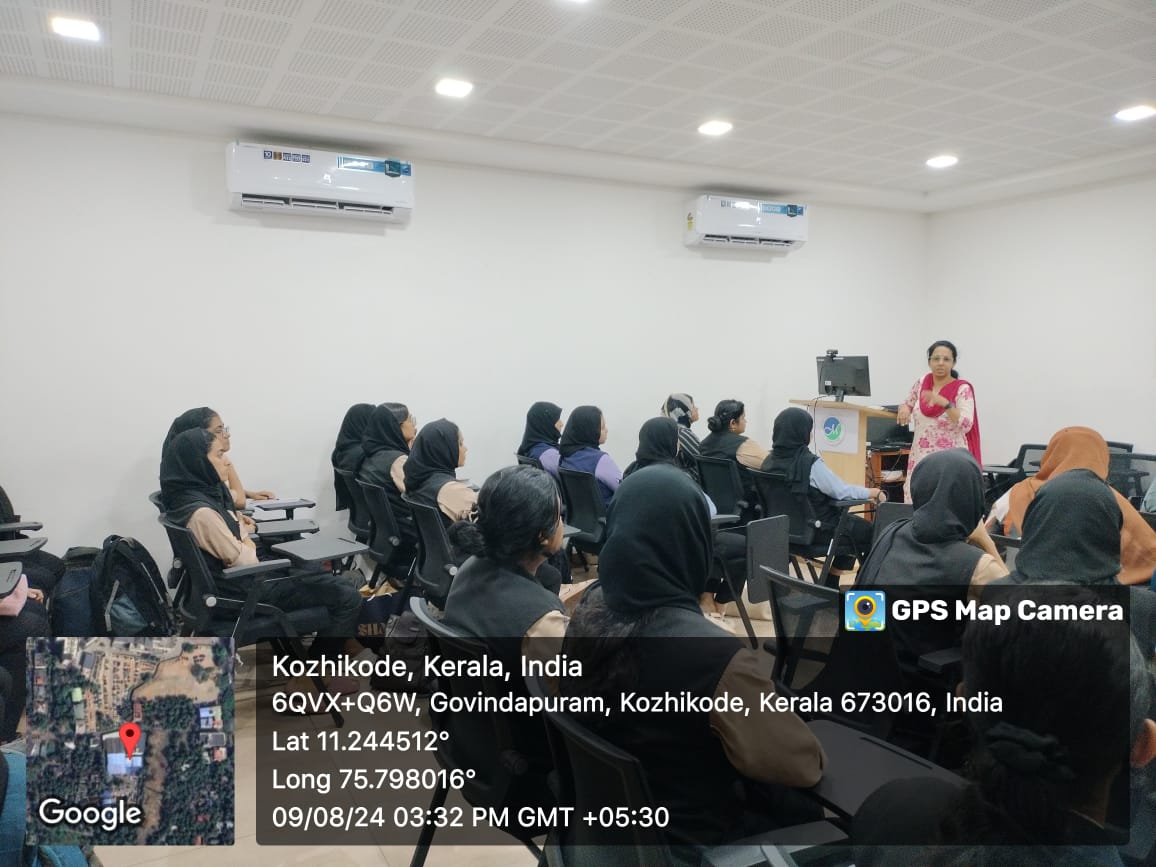
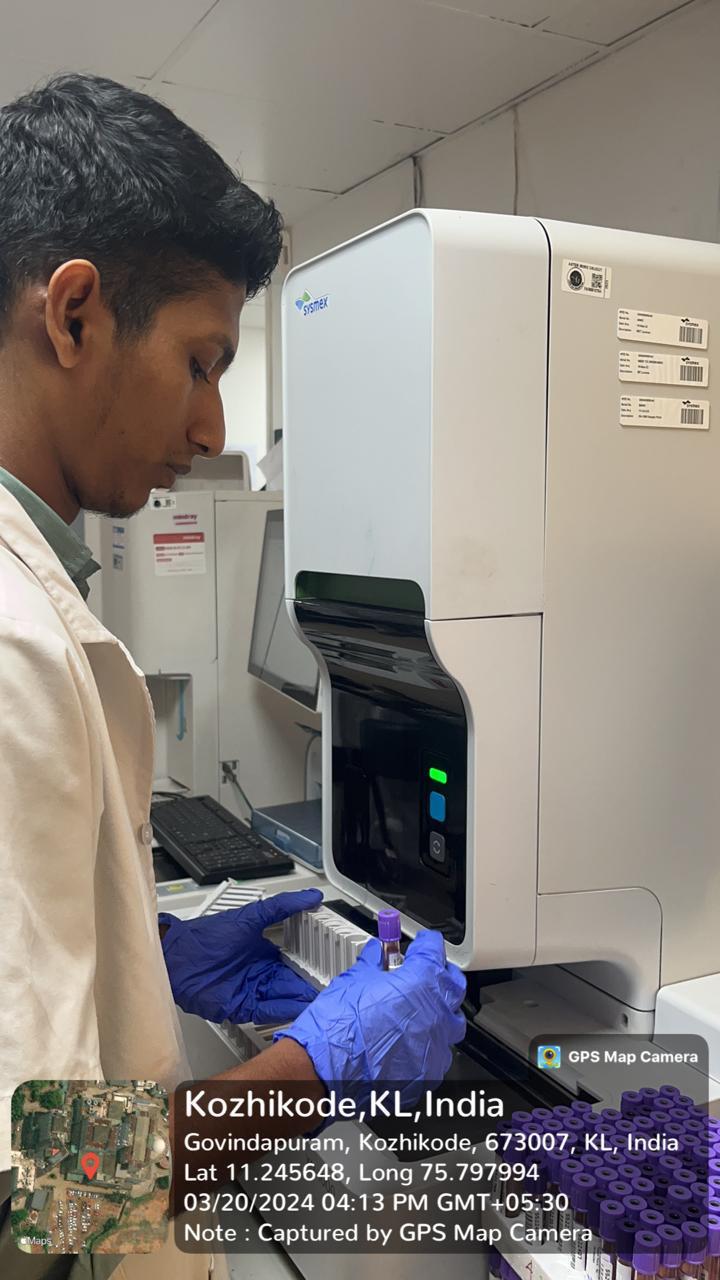
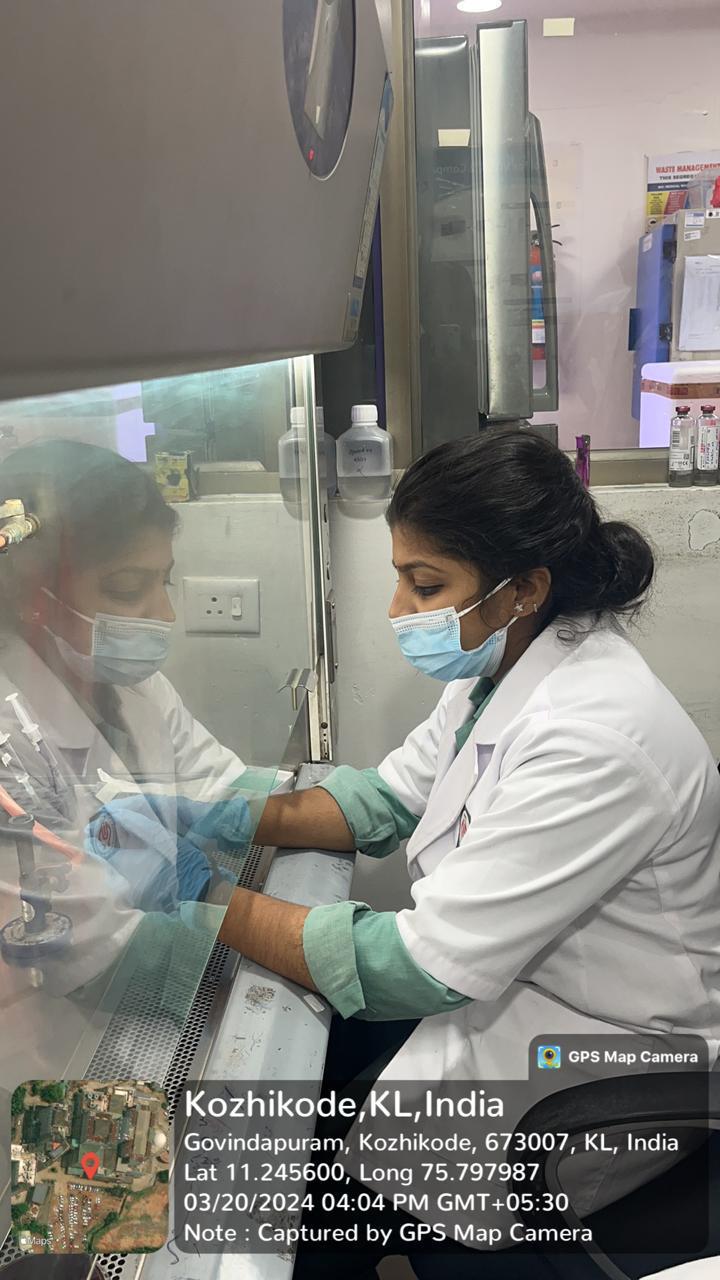

.jpeg)